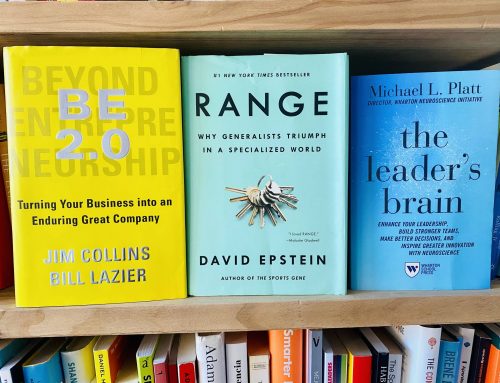Regardless of your job industry, you’ve probably heard that skills and competencies are key to excel at work. In fact, the more complex the problems we need to solve, the more we’ll need to use them. The difference between skills and competencies can be explained in this example: a skill would be knowing how to make a sailor’s knot. And a competency would be to know which sailor’s knot we have to make depending on the situation. Competencies are skills used with intelligence.
In sports, when a player doesn’t get the minutes they deserve (or think they deserve), the usual solution is to transfer this player hoping they will get those minutes and continue improving in their job, so they acquire these competencies. And many of these players return to their original teams years later, performing much better than before and taking his chances, as Mariano did versus Roma in their Champions League match. How many times does this happen in our job industry? Well, not many. When we see we cannot grow professionally, we really need something big to happen so as to find the will to change jobs, especially if we are comfortable in our job.
In the US, for instance, many organization deem essential to have worked in different industries. In the academic world, for instance, to become a university professor, it is usually required to have studied (Master’s or PhD) at a different organization. Often times, being loyal not only doesn’t help us but it limits us.

Moving somewhere seeking other experiences makes us more competent but for reasons that we usually don’t acknowledge. For instance, moving abroad (to study, work, or on a sabbatical) makes us improve our foreign language, but it also gives us the competencies that the industry is currently demanding, as we will have to solve problems in uncomfortable situations. A study published by Harvard Business Review reveals that curiosity (defined as seeking new experiences, knowledge, and feedback and an openness to change) is the best predictor of strength in all seven of the leadership competencies the authors measured (results orientation, strategic orientation, collaboration and influence, team leadership, developing organizational capabilities, change leadership, and market understanding).
But curiosity by itself is not enough, it needs opportunity. The same study reveals that out of all the cases analyzed, despite having the same level of curiosity, only half of the leaders actually improved their competencies and these were those who had worked for more companies, been exposed to more diverse customers, worked abroad or with colleagues from other cultures and dealt with more business scenarios (M&A, downsizing, turnarounds) and managed more people. Curiously enough, our worst professional moments in the present can give us the competencies that we will need in the future.
When opportunity doesn’t knock on our door, we need a big amount of curiosity to get out and seek it.
As we said in this previous post, curiosity didn’t kill the cat but the exact opposite…







Leave A Comment